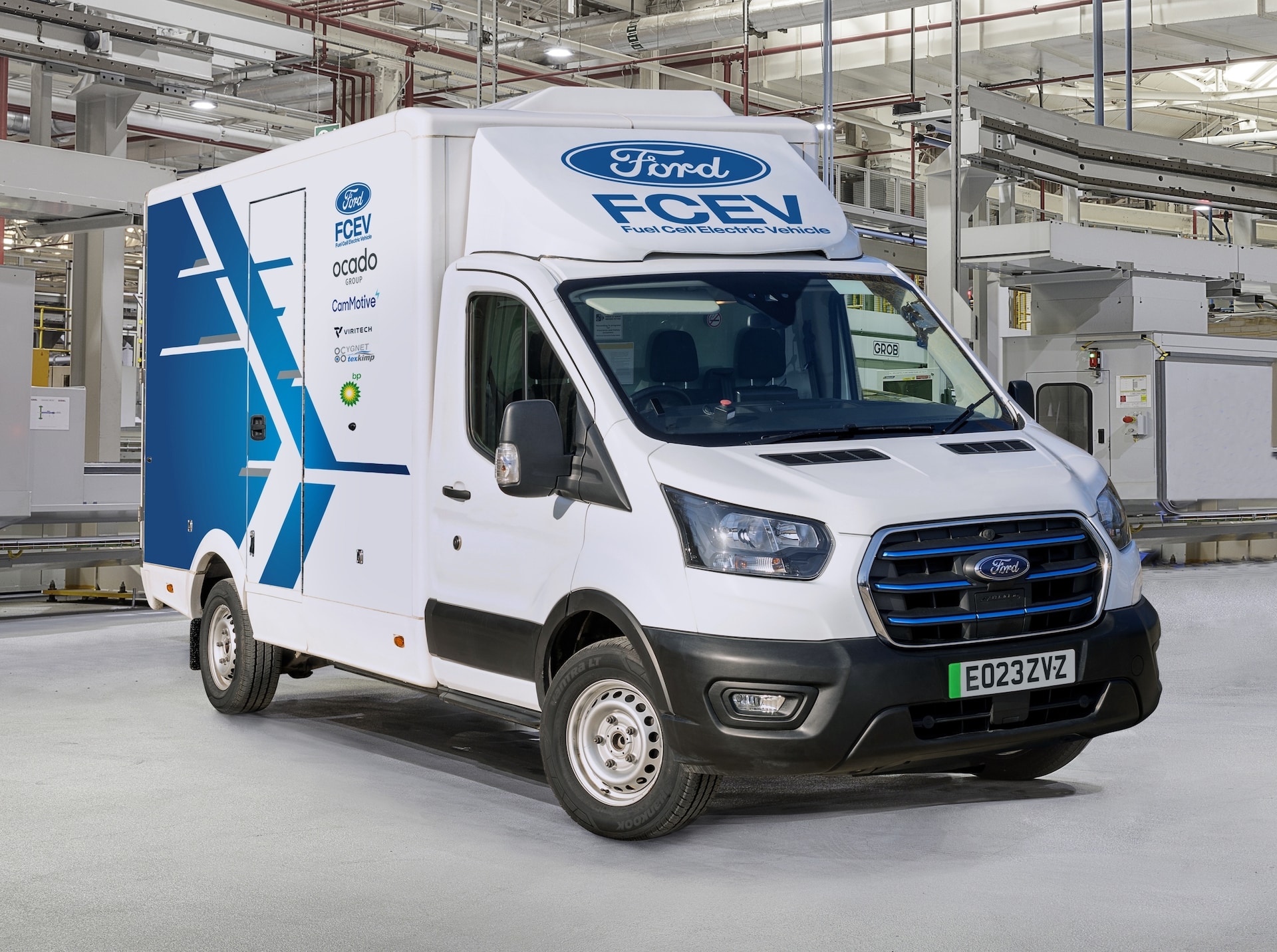What’s Happening
Ford is launching a research project focused on the potential of hydrogen as an on-board energy source for its acclaimed E-Transit. The initiative aims to determine if hydrogen fuel cell technology can deliver more zero-emission range for heavy-use E-Transit customers who travel long distances, carry maximum loads, and have limited charging opportunities during work shifts.
Why It Matters
With an extensive history in the commercial vehicle sector, Ford is dedicated to providing sustainable solutions for its customers. Hydrogen fuel cell technology could be particularly beneficial for larger, heavier commercial vehicles, ensuring they remain emission-free while meeting high daily energy requirements.
Key Points
- The project is partially funded by the Advanced Propulsion Centre (APC) and includes a consortium of six automotive technology leaders and fleet operator partners.
- Ford Pro, the company’s commercial vehicle and services division, will use the pilot to expand its conversion expertise.
- The hydrogen fuel cell E-Transit project will validate the vehicle’s business case by connecting Ford’s expertise with fuel cell powertrain experts and fleet operators, such as Ocado Retail.
- Partners in the project include bp, Cambustion, Viritech, and Cygnet Texkimp.
- Ford has been researching fuel cell technology since the 1990s and demonstrated the first-generation E-Transit fuel cell vehicle at the CENEX Low Carbon Vehicle Show in 2021.
Bottom Line
A test fleet of eight fuel-cell Ford E-Transits will run for six-month periods over the three-year project, ending in 2025. The data collected will provide insights into the total cost of owning and operating a large van with increased range and operating hours. The project supports Ford’s strategic vision of creating low-volume assembly upfit capability for hydrogen vehicles, with upscaling potential, and contributes to developing the hydrogen economy.
This initiative also aligns with Ford’s “Road to Better” sustainability commitment, which aims to make its European operations carbon-neutral by 2035. Ford has already reduced emissions from global manufacturing facilities by 40% since 2017, including at its Dagenham location where last year’s energy efficiencies realized savings worth £11,500 per day.


